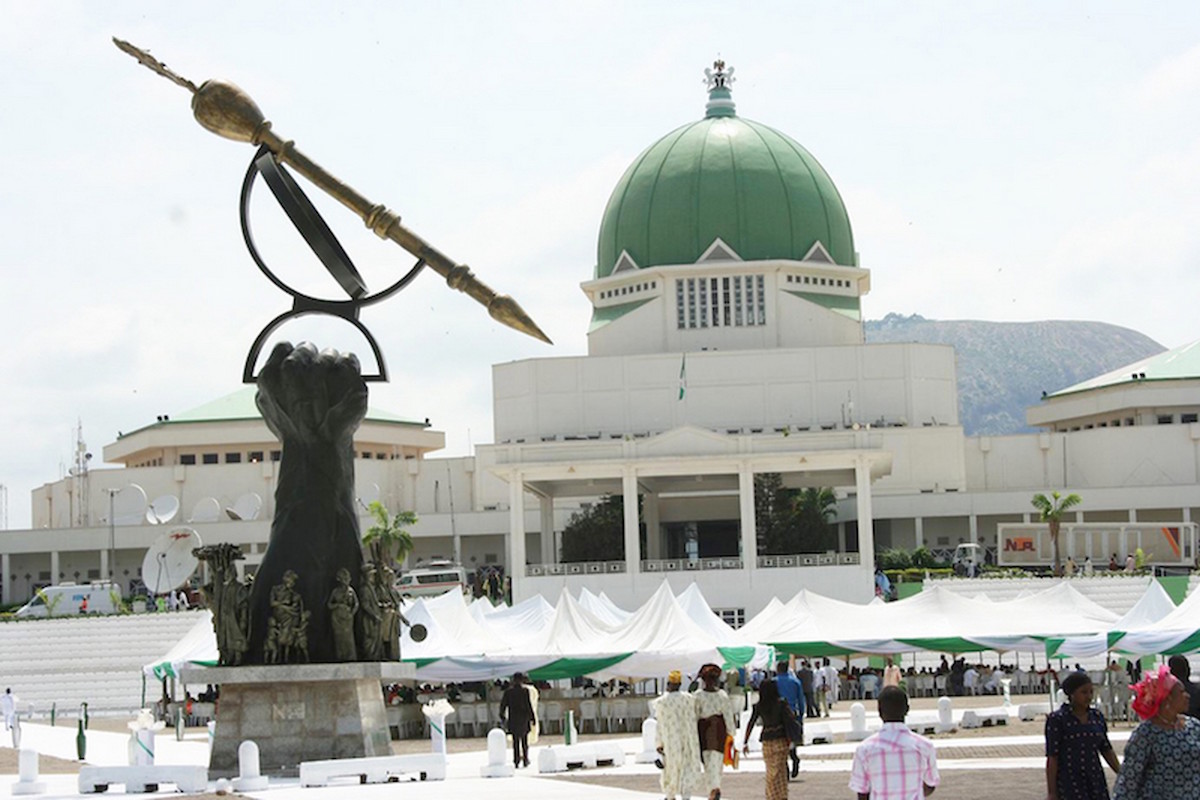The outcome of the February 25, 2023, National Assembly elections demonstrates how hypocritically Nigerian political parties and leaders have treated the imperative of gender inclusivity in Nigeria’s political space. Years of advocacy by women groups and civil society organizations, local and international, and all the funds invested in the campaign yielded little results, considering the scandalously few number of women that will be in our law-making chambers as from June 2023. Though as many as 1,524 women contested for seats in the Senate and House of Representatives, only 15 women have been elected into the 423 legislative seats, according to results so far declared. And though the results for the governorship and state assembly elections are being awaited, only 26 women are contesting the position of governor as against 394 men while for the state assembly elections, there are 1,049 women against 9,183 men. This is totally unacceptable.
From the results INEC declared, only three women won senatorial seats. They include Banigo Ipalibo Harry (Peoples Democratic Party (PDP), Rivers West); Ireti Heebah Kingibe (Labour Party, Federal Capital Territory (FCT), Abuja); and Adebule Idiat Oluranti (All Progressives Congress (APC), Lagos West). In the House of Representatives, where there are 12 women so far declared as winners, the majority of them come from the South, and two from Benue State, one each from Yobe, Borno and Plateau States. It is noteworthy that 11 of the women who participated in lawmaking in the 9th Assembly did not return.
The representation of women in the Senate, especially, is the worst since 1999, when the country returned to democratic rule after years of military dictatorship. In 2003, there were four female senators; in 2007, the number increased to eight; we had seven in 2011, seven in 2015 and eight in 2019.
The few women in the National Assembly over the years contributed their quota to debates and proposed bills that were critical to the development of Nigeria. Therefore, when women are denied the opportunity to contribute to lawmaking in Nigeria, the diversity, unique negotiation skills, and intelligence that they naturally bring to the table are lost. No doubt, the low number of women in the National Assembly would affect the quality of legislation that would emerge from our legislative chambers.
- Election: Petty traders, food vendors lament low patronage
- Madrid gears up to cut Barcelona’s lead ahead of Clasico clash
It is not as if the current situation was never predicted, but efforts to forestall it were frustrated at various levels. For instance, in the 9th National Assembly, a bill for Constitutional Alteration, which proposed additional women-only seats in the National and State Houses of Assembly, was voted out by the male-dominated Senate. The bill was meant to ensure the allocation of a minimum number of seats to historically underrepresented groups, such as women, youth, and persons living with disabilities. A law that provides quota for vulnerable groups, especially women, is very important, if they must be adequately represented in Nigeria’s democratic institutions, like the parliament. At the moment, the patriarchal nature of the Nigerian society, culture, religion, high cost of election, and unchecked electoral violence, combine to make it near-impossible for women to compete favourably for elective positions, therefore, to ensure women are duly represented, there must be a deliberate effort towards achieving it.
The idea of reserving elective seats for women is not totally new, even in Africa. For instance, in Burundi, 30 per cent of seats are reserved for women; Djibouti (25%); Swazilan (Eswatini) (30%); Guinea (30%); Niger (25%); Somalia (30%); South Sudan (25%); and Tanzania (30%). In Kenya, 47 of the 350 legislative seats are reserved for women; while in Zimbabwe, 60 of 270 seats in the parliament are reserved for women. Uganda has 556 parliamentary seats; 117 out of that number are reserved for women. In other countries, political parties have specific quota that must be allocated to women. In a place like Rwanda, for instance, the constitution guarantees that 30 per cent of seats in all sectors and decision-making organs, including district councils, political parties, government bodies, and the bicameral parliament are reserved for women.
Nigerian political parties and leaders are not unaware of this noble practice in other parts of Africa. Over the years, government after government has promised an affirmative action that allocates 35 per cent of positions to the women folk, but this has not happened in practice. The incoming administration must be intentional about gender inclusivity and the need to reserve seats for women, not only in the National Assembly, but in all government organs. We, therefore, call on the 10th Assembly to revisit the Reserved Seat (or Special Seats) Bill, meant to amend sections 48, 49 and 91 of the 1999 Constitution, which was jointly sponsored by the 9th Assembly Speaker of the House, Femi Gbajabiamila, and Honourable Nkeiruka Onyejeocha, the deputy chief whip of the 9th House of Representatives. Nigeria has come of age, such that what may be considered as an apparent discrimination against women in elective positions should not be mentioned in the country in this dispensation. Not when there is a way of ending the yawning gender imbalance in our politics.




